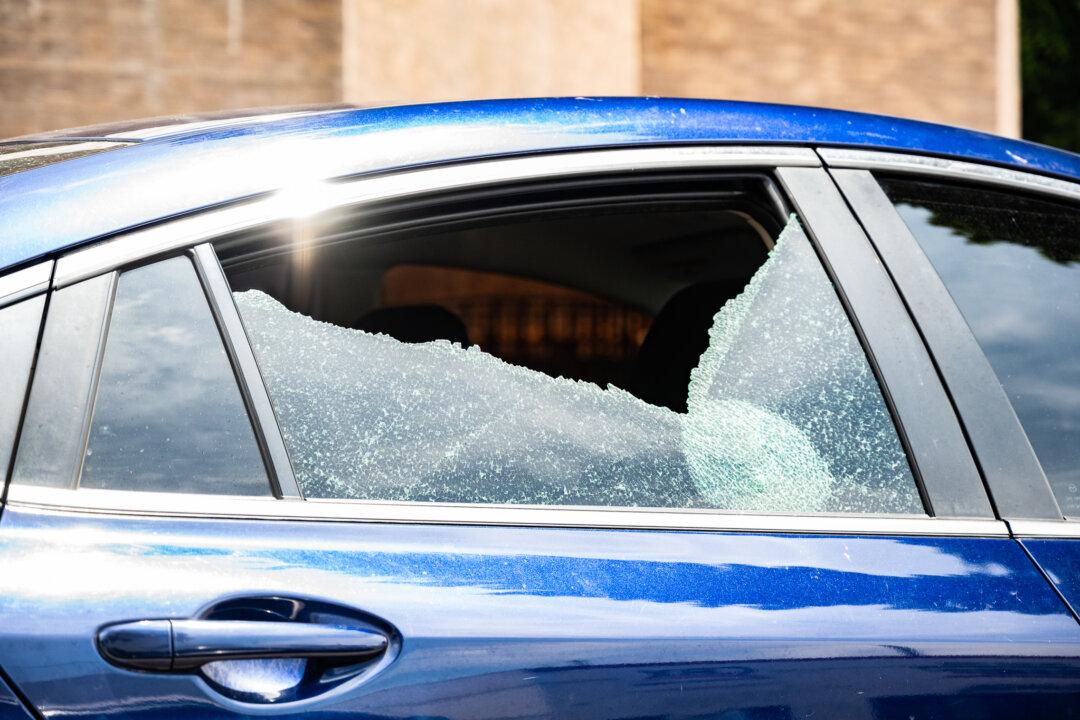California state Sen. Scott Wiener (D-San Francisco) says he plans to introduce legislation in 2024 to make it easier to prosecute auto break-ins, especially in places such as San Francisco, where more than 15,000 vehicle burglaries have occurred this year.
“This is a commonsense measure to address an issue that has been plaguing San Francisco for a long time,” he said on Oct. 26 at a news conference. “Residents should not have to fear leaving their car on the street for two minutes, and tourists should leave San Francisco with happy memories instead of trauma and frustration.”





